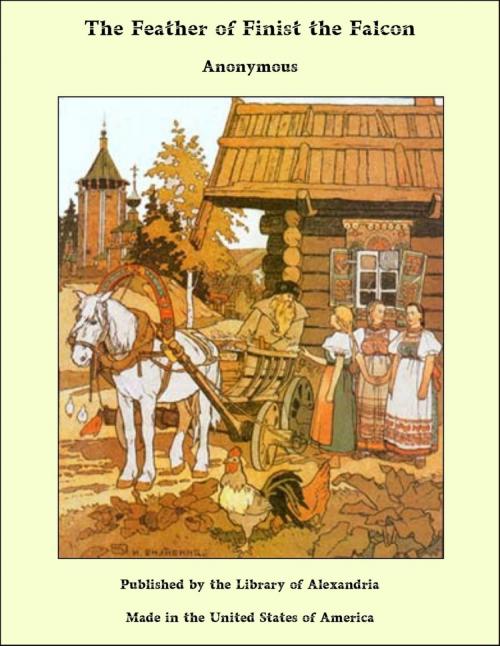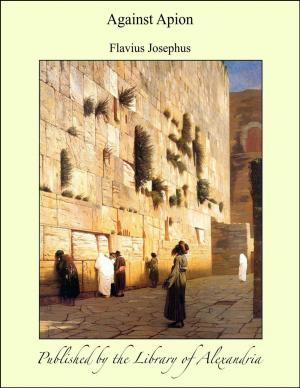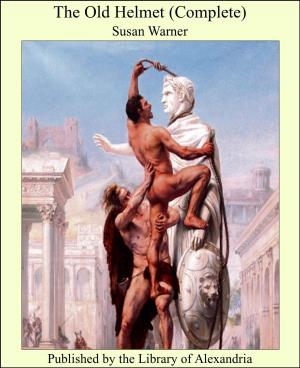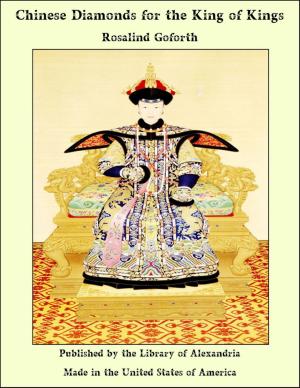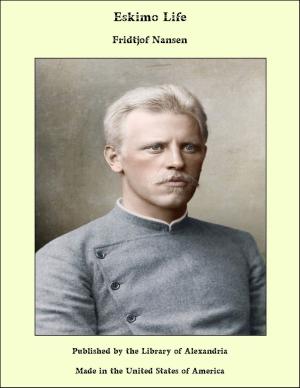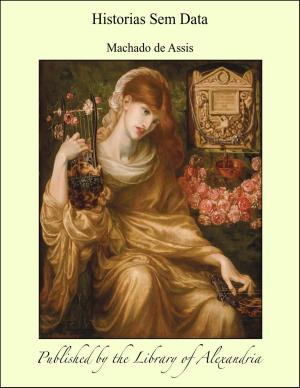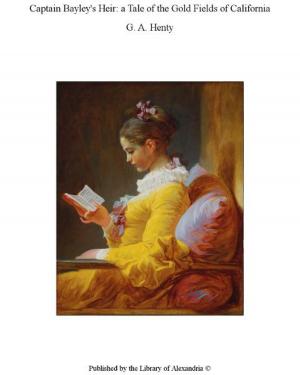The Feather of Finist the Falcon
Nonfiction, Religion & Spirituality, New Age, History, Fiction & Literature| Author: | Anonymous | ISBN: | 9781465610959 |
| Publisher: | Library of Alexandria | Publication: | March 8, 2015 |
| Imprint: | Language: | English |
| Author: | Anonymous |
| ISBN: | 9781465610959 |
| Publisher: | Library of Alexandria |
| Publication: | March 8, 2015 |
| Imprint: | |
| Language: | English |
ONCE, in olden times, there was a merchant whose wife had died, leaving him three daughters. The eldest two were plain of face and hard of heart and cared for nothing but finery, while the youngest was a good house keeper, kind-hearted, and so beautiful that it could neither be told in a tale nor written down with a pen. One day, when the merchant set out for the Fair, he called his three daughters and asked: "My dear daughters, what do ye most desire me to buy for you?" The eldest answered, "Bring me a piece of rich brocade for a gown." The second said, "Bring me a fine scarf for a shawl." But the youngest replied: "Little father, bring me only a scarlet flower to set in my window." The two sisters laughed at her request. "Little fool," they said, "what dost thou want of a scarlet flower? Thou wouldst better ask for a new apron." But she paid no heed and when the merchant asked her again, she said: "Little father, buy for me only the scarlet blossom." The merchant bade them good-by and drove to the Fair, and whether in a short while or a long while, he came again to his house. He brought the rich brocade for the eldest daughter and the fine scarf for the second, but he quite forgot to bring the little scarlet flower. The eldest daughters were so rejoiced at their gifts that he felt sorry for his forgetfulness, and to comfort her, said to the youngest: "Never mind, I shall soon go again to the Fair, and shall bring thee a gift also." And she answered: "It is no matter, little father; another time thou wilt remember." And while her sisters, cutting and sewing their fine stuffs, laughed at her, she was silent. Time passed, and again the merchant made ready to go to the Fair, and calling his daughters, he asked: "Well, my daughters, what shall I buy for you?" The eldest answered, "Bring me a gold chain," and the second, "Buy me a pair of golden earrings"; but the third said, "Little father, I want nothing but a scarlet flower to set in my window."
ONCE, in olden times, there was a merchant whose wife had died, leaving him three daughters. The eldest two were plain of face and hard of heart and cared for nothing but finery, while the youngest was a good house keeper, kind-hearted, and so beautiful that it could neither be told in a tale nor written down with a pen. One day, when the merchant set out for the Fair, he called his three daughters and asked: "My dear daughters, what do ye most desire me to buy for you?" The eldest answered, "Bring me a piece of rich brocade for a gown." The second said, "Bring me a fine scarf for a shawl." But the youngest replied: "Little father, bring me only a scarlet flower to set in my window." The two sisters laughed at her request. "Little fool," they said, "what dost thou want of a scarlet flower? Thou wouldst better ask for a new apron." But she paid no heed and when the merchant asked her again, she said: "Little father, buy for me only the scarlet blossom." The merchant bade them good-by and drove to the Fair, and whether in a short while or a long while, he came again to his house. He brought the rich brocade for the eldest daughter and the fine scarf for the second, but he quite forgot to bring the little scarlet flower. The eldest daughters were so rejoiced at their gifts that he felt sorry for his forgetfulness, and to comfort her, said to the youngest: "Never mind, I shall soon go again to the Fair, and shall bring thee a gift also." And she answered: "It is no matter, little father; another time thou wilt remember." And while her sisters, cutting and sewing their fine stuffs, laughed at her, she was silent. Time passed, and again the merchant made ready to go to the Fair, and calling his daughters, he asked: "Well, my daughters, what shall I buy for you?" The eldest answered, "Bring me a gold chain," and the second, "Buy me a pair of golden earrings"; but the third said, "Little father, I want nothing but a scarlet flower to set in my window."
